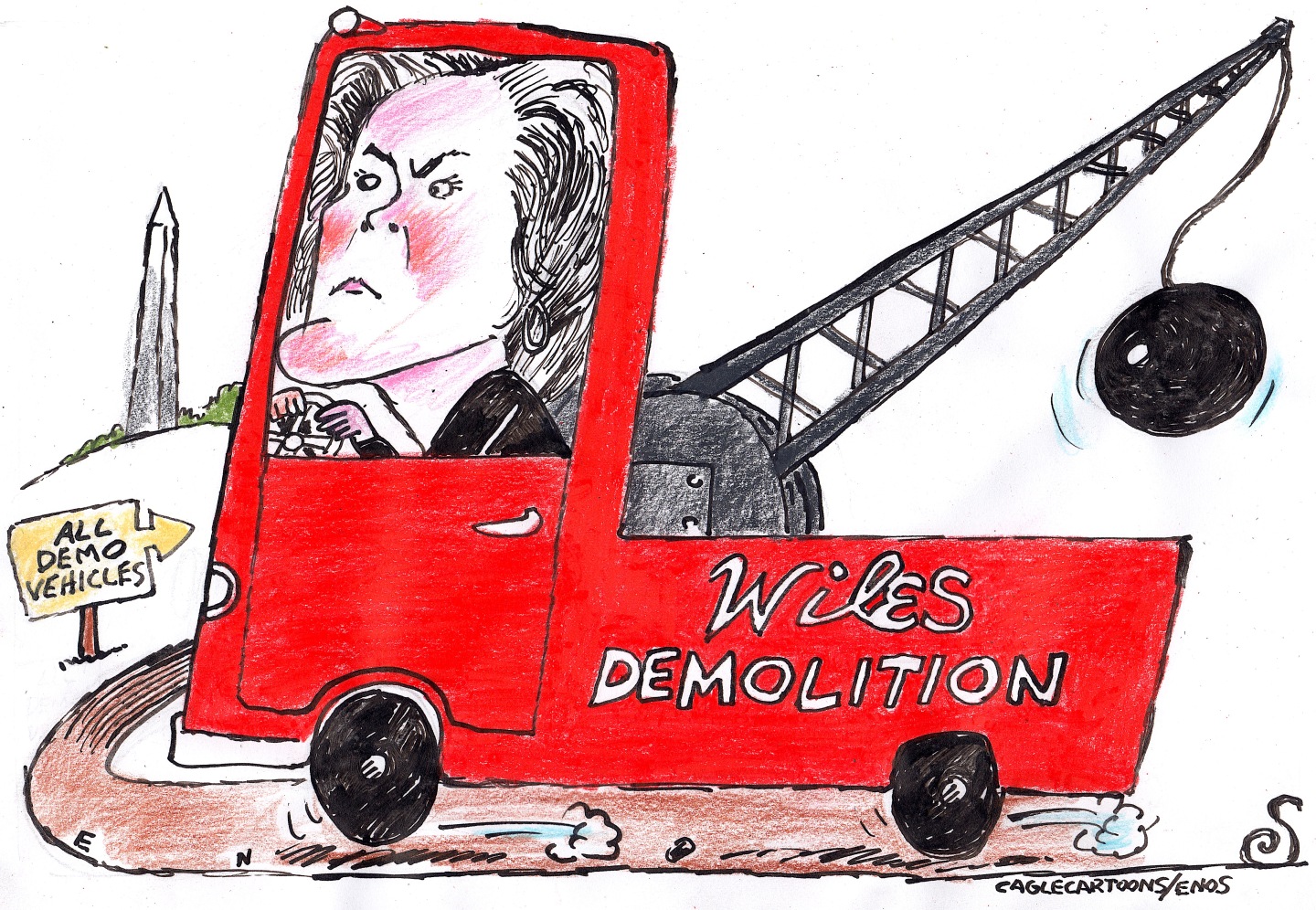Miami's banned Cuba book
Why a book's portrayal of life in Cuba got it banned from school libraries
Schools are supposed to open children's minds, said The New York Times in an editorial. So it's disturbing that the Miami-Dade, Fla., School Board would ban the children's book "A Visit to Cuba" from its libraries over allegations that it paints too rosy a picture of life under the Castro regime. But it's even more disturbing that a federal appeals court would uphold such an "unconstitutional" ban.
That, of course, is a call for the Supreme Court, said Eugene Volokh in The Volokh Conspiracy. And it has said before that the free speech clause of the Constitution doesn't mean that elementary schools can't exclude books that omit important information. This book says, "People in Cuba eat, work, and go to school like you do"—leaving out the unpleasant fact that Cuba is an "oppressive Communist dictatorship" is a big omission.
What irony, said Brandon Hensler in the American Civil Liberty Union's blog. Banning a book over its content is the kind of thing a Communist dictatorship like the Castro regime might do. It's not supposed to happen here, where such iron-fisted censorship "flies in the face of one of the bedrock principles of the Bill of Rights."
The Week
Escape your echo chamber. Get the facts behind the news, plus analysis from multiple perspectives.

Sign up for The Week's Free Newsletters
From our morning news briefing to a weekly Good News Newsletter, get the best of The Week delivered directly to your inbox.
From our morning news briefing to a weekly Good News Newsletter, get the best of The Week delivered directly to your inbox.
The First Amendment guarantees free speech, said Glenn Garvin in The Miami Herald. "No matter what the ACLU says," however, it does not guarantee "the right to make taxpayers subsidize and promote your speech, no matter how offensive and idiotic they find it." So let the ACLU keep a copy of the book in its offices—"no jack-booted police will kick in the doors to seize it"—and let the school board pick the books for its libraries.
A free daily email with the biggest news stories of the day – and the best features from TheWeek.com
-
 5 fairly vain cartoons about Vanity Fair’s interviews with Susie Wiles
5 fairly vain cartoons about Vanity Fair’s interviews with Susie WilesCartoon Artists take on demolition derby, alcoholic personality, and more
-
 Joanna Trollope: novelist who had a No. 1 bestseller with The Rector’s Wife
Joanna Trollope: novelist who had a No. 1 bestseller with The Rector’s WifeIn the Spotlight Trollope found fame with intelligent novels about the dramas and dilemmas of modern women
-
 Codeword: December 20, 2025
Codeword: December 20, 2025The daily codeword puzzle from The Week